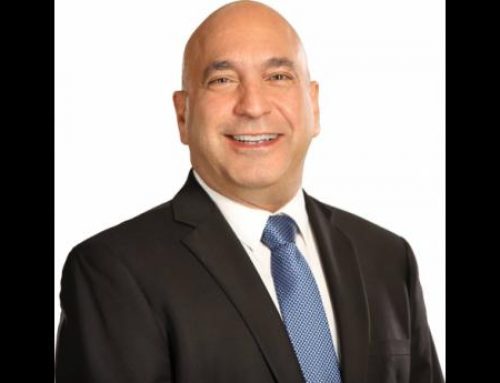Newly tabled pension regulations give fund managers more room to invest in a wider range of foreign assets, but leave unresolved the limits on foreign investments set separately by the Financial Services Commission, FSC, and the Bank of Jamaica, BOJ.
FSC guidelines allow for 20 per cent, or four times the limit set by the central bank, which has oversight of the foreign-exchange market.
“Nothing has changed in terms of limits. The Pensions Act always said 20 per cent, and it will continue to be 20 per cent, but the BOJ’s limit of five per cent supersedes that. That will still be the case,” said Sanya Goffe, president of the Pension Funds Association of Jamaica, PFAJ.
“What has changed is the scope to now be in foreign assets – which is wider.”
The allowable assets, says the PFAJ president, include foreign currency, foreign-currency instruments, real estate and other assets located outside of Jamaica, and foreign securities.
On balance, fund managers see the proposed Pensions (Superannuation Funds and Retirement Schemes) Investment Regulations 2019 as a modernisation of the Pension Act of 2006. The regulations are still to be considered and approved by lawmakers.
CEO of VM Pensions Management, Conroy Rose, expects the BOJ to offer its own guidance on the foreign investments, but his take on the proposed regulations is that they offer more scope for diversification by fund managers.
“The change now allows pension funds to participate in the growth of other economies, while allowing some diversification, which is prudent. I imagine that the BOJ will, however, provide a refined framework for such investments, perhaps one that mirrors what exists for collective investment schemes,” he said. Collective schemes include products such as mutual funds and unit trusts.
The regulations, if approved, will also give fund managers scope to invest in private companies, commercial paper, or promissory notes. The legislation sets a limit of 30 per cent on shareholdings in a private company, but the fund may also acquire more than 30 per cent in corporate vehicles that are established for the sole purpose of holding real estate assets or funds or schemes.
“We welcome the investments in private companies – essentially called private-equity investments – as there are opportunities to fund the growth of medium enterprises, participate in their growth, and, at some future state, to monetise that investment via listing on a stock exchange,” said Rose.
Fund managers will still be barred from offering unsecured loans, backing unsecured leases, or investing in foreign private equities. And as for public companies that are not traded on a recognised stock exchange and have a rating below ‘BBB’ or is not rated, the investment is capped at five per cent of fund assets.








Leave A Comment